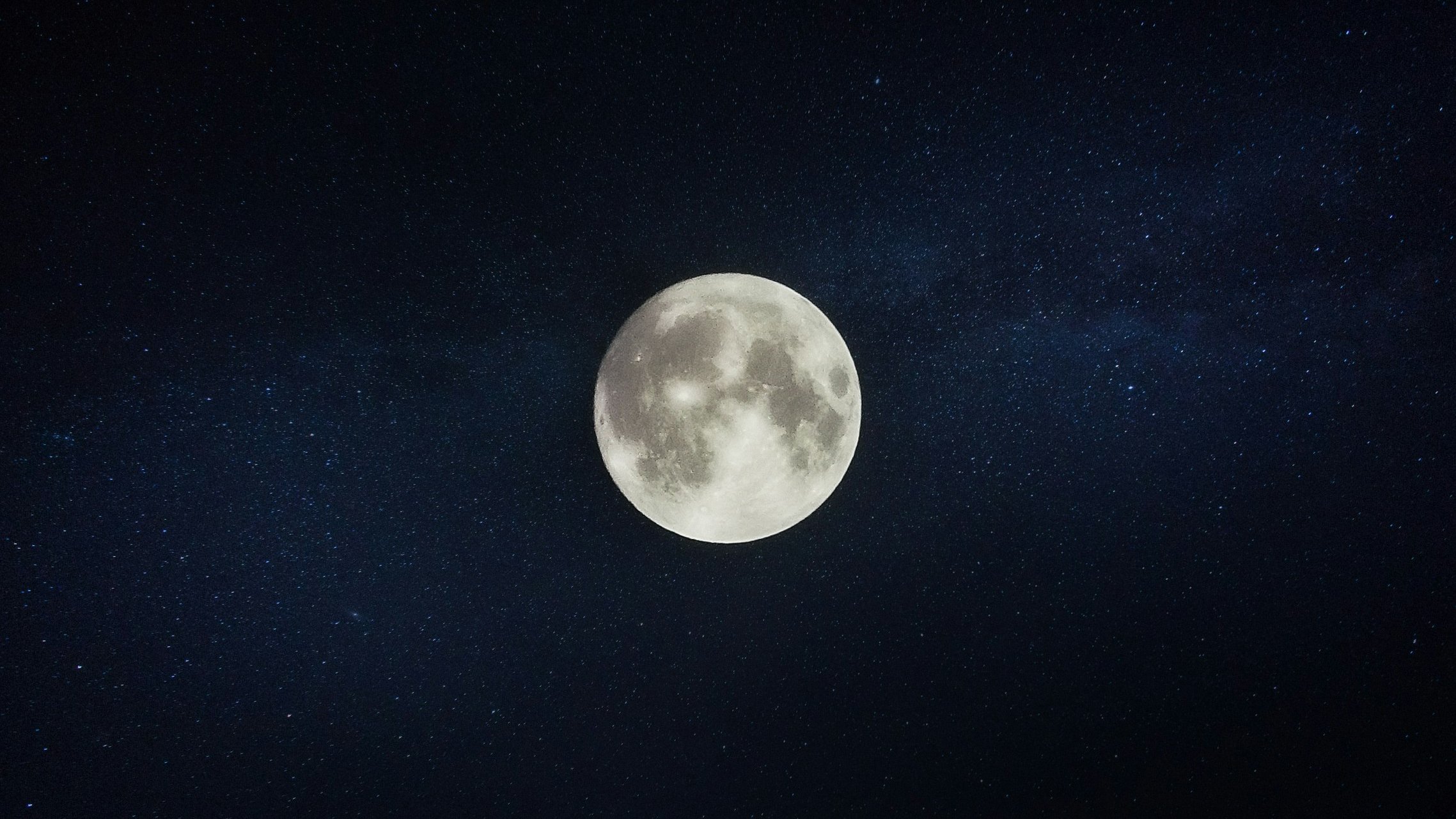
Social Jetlag: The Silent Disruptor of Modern Life
Social jetlag is the discrepancy between your biological clock, which dictates when you naturally want to sleep and wake, and your social clock, driven by obligations like early work meetings or school bells. It’s most noticeable when your sleep schedule shifts between weekdays and weekends. For instance, if you’re up at 6 a.m. during the week but sleep until 9 a.m. on Saturdays, that three-hour difference creates social jetlag. This misalignment tricks your body into feeling like it’s in a different time zone, even though you haven’t traveled.
